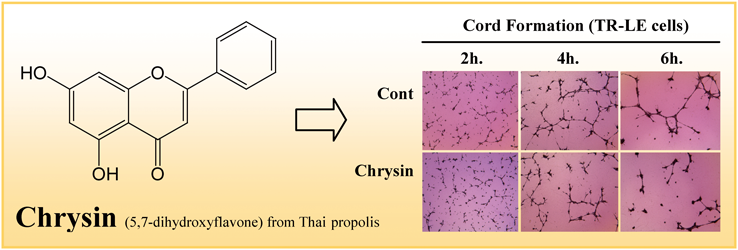-
Orawin Prangsaengtong
責任著者
Department of Biopharmacy, Faculty of Pharmacy, Srinakharinwirot University
-
Sirivan Athikomkulchai
Department of Pharmacognosy, Faculty of Pharmacy, Srinakharinwirot University
-
Jiuxiang Xu
Department of Japanese-Oriental (Kampo) Medicine, Graduate School of Medicine and Pharmaceutical Sciences, University of Toyama
-
Keiichi Koizumi
Department of Kampo Diagnostics, Institute of Natural Medicine, University of Toyama
-
Akiko Inujima
Department of Kampo Diagnostics, Institute of Natural Medicine, University of Toyama
-
Naotoshi Shibahara
Department of Kampo Diagnostics, Institute of Natural Medicine, University of Toyama
-
Yutaka Shimada
Department of Japanese-Oriental (Kampo) Medicine, Graduate School of Medicine and Pharmaceutical Sciences, University of Toyama
-
Sarin Tadtong
Department of Pharmacognosy, Faculty of Pharmacy, Srinakharinwirot University
-
Suresh Awale
Department of Translational Research, Institute of Natural Medicine, University of Toyama
2016 年 39 巻 4 号 p. 466-472
- Published: 2016/04/01 Received: 2015/07/03 Released on J-STAGE: 2016/04/01 Accepted: 2016/01/08 Advance online publication: - Revised: -
(EndNote、Reference Manager、ProCite、RefWorksとの互換性あり)
(BibDesk、LaTeXとの互換性あり)


